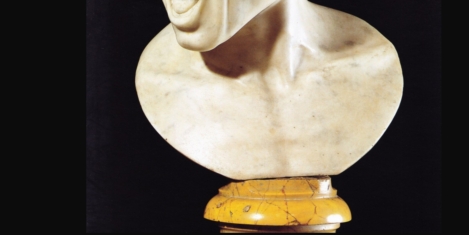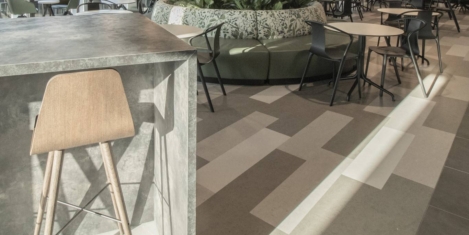To provide the best experiences, we use technologies like cookies to store and/or access device information. Consenting to these technologies will allow us to process data such as browsing behaviour or unique IDs on this site. Not consenting or withdrawing consent, may adversely affect certain features and functions.
The technical storage or access is strictly necessary for the legitimate purpose of enabling the use of a specific service explicitly requested by the subscriber or user, or for the sole purpose of carrying out the transmission of a communication over an electronic communications network.
The technical storage or access is necessary for the legitimate purpose of storing preferences that are not requested by the subscriber or user.
The technical storage or access that is used exclusively for statistical purposes.
The technical storage or access that is used exclusively for anonymous statistical purposes. Without a subpoena, voluntary compliance on the part of your Internet Service Provider, or additional records from a third party, information stored or retrieved for this purpose alone cannot usually be used to identify you.
The technical storage or access is required to create user profiles to send advertising, or to track the user on a website or across several websites for similar marketing purposes.
 A right leaning think tank’s suggestion that the UK should set a new retirement age of 75 and introduce a range of measures to extend people’s working lives to boost the economy and improve people’s wellbeing sparked an inevitable paroxysm of rage. Immediately followed by an equally inevitable and furious level of what passes for debate these days. A stramash the Scottish would call it. (more…)
A right leaning think tank’s suggestion that the UK should set a new retirement age of 75 and introduce a range of measures to extend people’s working lives to boost the economy and improve people’s wellbeing sparked an inevitable paroxysm of rage. Immediately followed by an equally inevitable and furious level of what passes for debate these days. A stramash the Scottish would call it. (more…)


















 A significant proportion of the global population is concerned about the use of artificial intelligence (AI), with scepticism about its use by business greater than its use by government, a poll published by the
A significant proportion of the global population is concerned about the use of artificial intelligence (AI), with scepticism about its use by business greater than its use by government, a poll published by the
 According to
According to 












August 19, 2019
Firms need to place more value on older workers
by Claire Turner • Comment, Wellbeing, Working lives, Workplace
(more…)